Sports Technology and Applied Research Symposium
Each year the Australian Sports Commission hosts the Sports Technology and Applied Research Symposium (STARS). STARS brings together sport and exercise researchers, technologists and sport industry professionals from across Australia to share ideas that can drive innovation in their fields.
In 2024 STARS will be available virtually via Microsoft Teams, with 8 sessions spread across 5 days. You are welcome to attend as many sessions as you like. The online event is free to attend for those in the Australian sports system and our industry and university partners. Registrations are required.
Participants attending the Performance Teams Forum and Network Activities can attend the STARS sessions in person at the Australian Institute of Sport from Monday 28th October to Thursday 31st October.
Key Dates
- Key Dates
Monday 28 October - Friday 1 November 2024
STARS theme
This year STARS will be held during the week of the Performance Teams Forum and the theme is “Optimising performance teams through Sports Technology and Applied Research”.
Presenters
Larissa Trease
Sport and Exercise Physician & PhD Candidate, La Trobe University
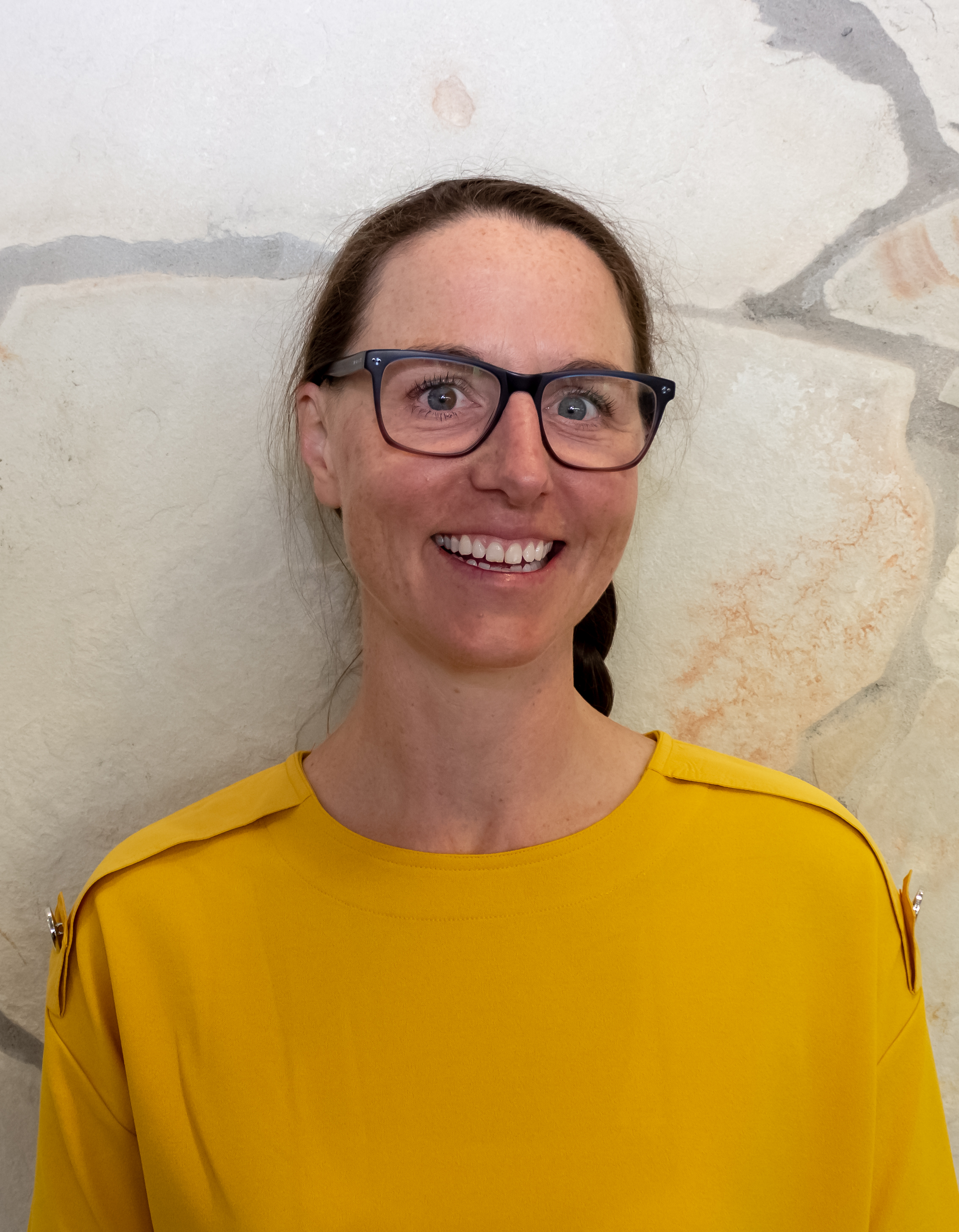
Dr Lari Trease is a Canberra based, Specialist Sport and Exercise Physician with more than 15 years’ experience in elite sport. Lari has been a team Doctor for Australian Summer (2016) and Winter (2014) Olympic, Paralympic (2008) and Youth Olympic (2012) Teams. She has had many roles within the Australian High Performance Sporting system, including providing leadership, medical care, and policy advice across three institutes of sport, and five National sporting organisations. She currently consults part-time at the Australian Institute of Sport, is the Team Doctor for the Australian Cross-Country Ski Team and a member of the World Rowing Sports Medicine Commission.
Larissa has a career-long interest in optimising medical care for elite athletes through research. She is a PhD Candidate at La Trobe Sport and Exercise Medicine Research Centre (LASEM), La Trobe University, where her research focuses on predicting the recovery of elite athletes from low back pain. She is a National Health and Medical Research Council (NHMRC) PhD scholarship recipient. Lari’s research aims to assist clinicians, coaches and athletes in elite sport to better understand the recovery trajectory and important recovery factors in athletes with LBP.
Daniel Kadlec
Research Fellow, Edith Cowan University
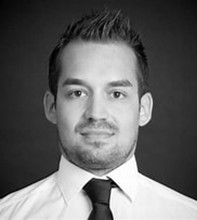
Dr Kadlec is an AIS Funded Research Fellow and Early Career Researcher at Edith Cowan University with a research background in knee injury risk, motor learning and statistical methodology. Daniel is the High-Performance Manager for Claremont WFC, is working at the Western Australian Institute of Sport and has 15 years of Strength & Conditioning experience across national, international and Olympic-level athletes.
Steve Swanson
Associate Professor in Sport Management and Co-Director of the Centre for Sport Research, Deakin University
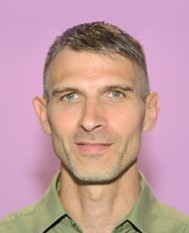
Steve Swanson is an Associate Professor in Sport Management and Co-Director of the Centre for Sport Research at Deakin University. His research focuses on leadership, well-being, and innovation in the sport environment. While leading multiple international projects, his research has been funded by prestigious organisations such as the Olympic Studies Centre and the British Academy. Prior to Deakin, Dr Swanson was the Director of Sport Business and Leadership at Loughborough University in London, and a successful basketball coach at the professional and intercollegiate levels.
Franco Impellizzeri
Professor in Sport and Exercise Science and Medicine, University of Technology Sydney
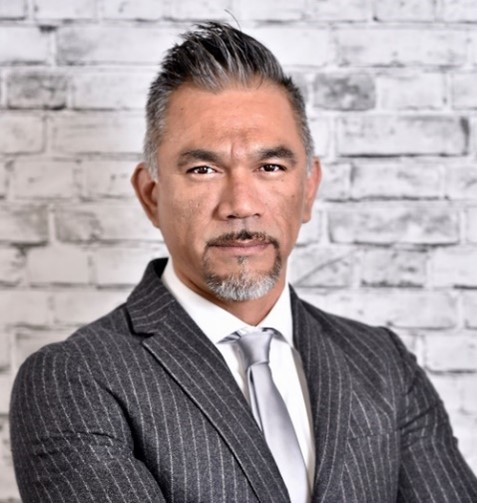
Franco Impellizzeri is a Professor in Sport and Exercise Science and Medicine at the University of Technology Sydney (UTS). Main research areas and interests are sport epidemiology, research methods, training and testing for high performance. Beyond sports, Impellizzeri has also 10 years of experience in orthopedic research (clinimetrics). He is a member of the editorial boards of various scientific journals and currently serves as the editor-in-chief of Science and Medicine in Football journal. He has > 200 publications in sports science and orthopedics and author of book chapters for textbooks. Impellizzeri is a fellow of the European College of Sport Sciences, member of the STORK (The Society for Transparency, Openness, and Replication in Kinesiology), and member of the managing board of the Peer Community in (PCI) Health & Movement Sciences. Impellizzeri has collaborated with professional clubs and international sports organizations as a scientific advisor and project leader. His practical experience also includes working as a strength and conditioning coach for Olympic athletes.
Julian Périard
Deputy Director, University of Canberra Research Institute for Sport and Exercise (UCRISE)
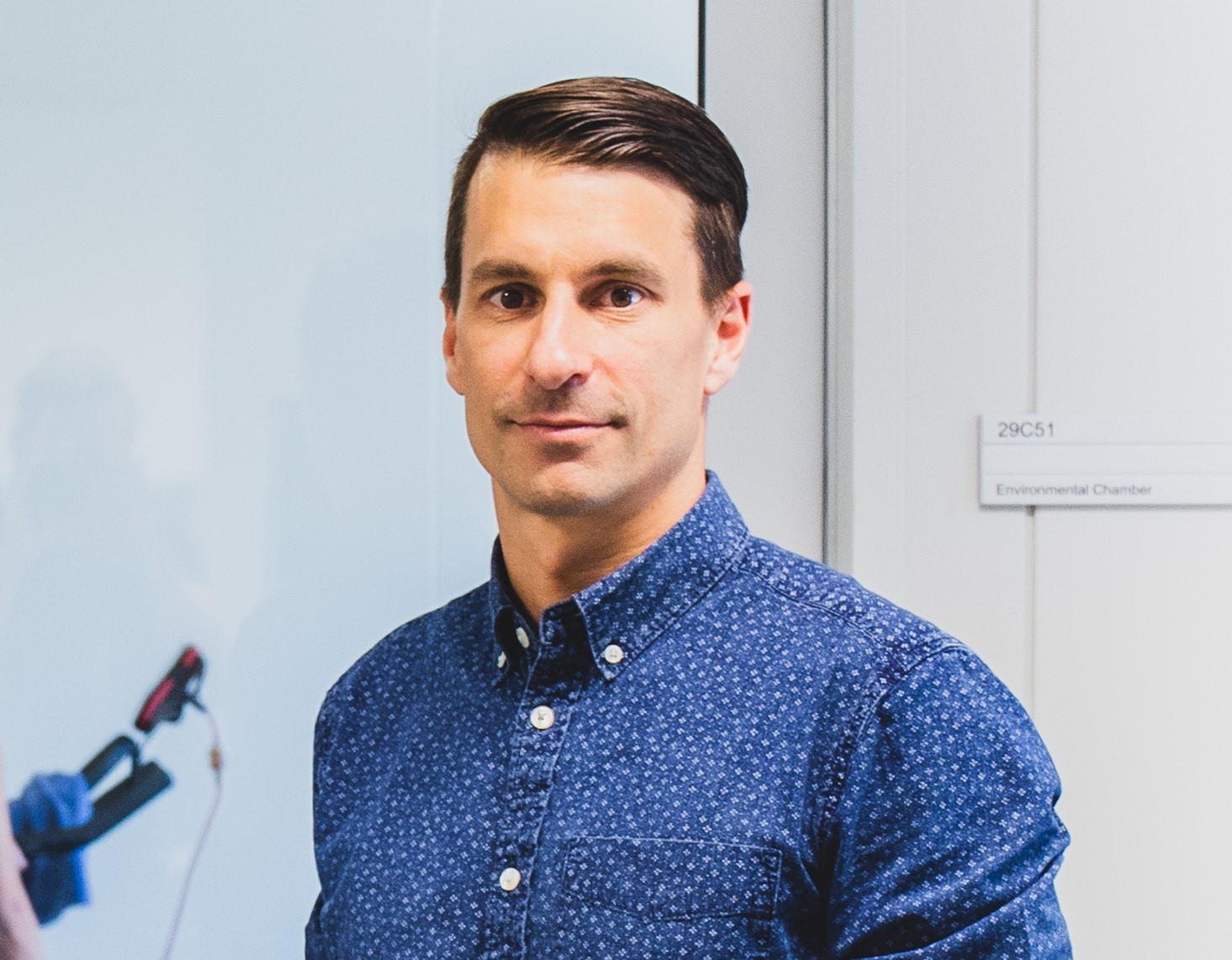
Dr Périard is Deputy Director of the University of Canberra Research Institute for Sport and Exercise (UCRISE), where he also leads the Environmental Physiology Research Laboratory. His integrative research examines the physiological mechanisms that mediate health and performance during exercise in adverse environments (heat and altitude), as well as the adaptations that stem from chronic exposure. He has worked with both amateur and professional athletes from various disciplines, along with National (e.g. Australian Institute of Sport) and International Federations (e.g. World Athletics and World Triathlon).
Katie Slattery
Senior lecturer at the School of Sport, Exercise and Rehabilitation, University of Technology Sydney
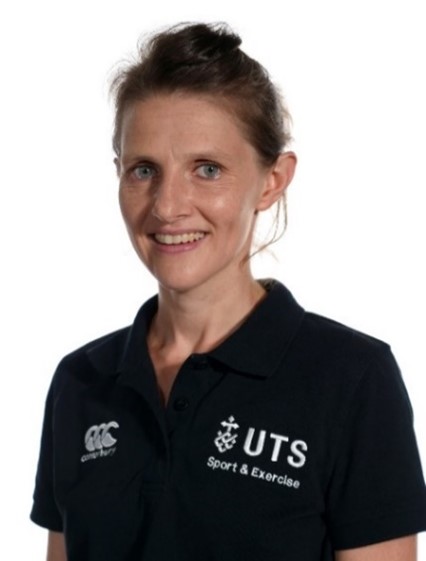
Dr Katie Slattery is a lecturer at the School of Sport, Exercise and Rehabilitation, UTS. A UTS alumni who began her sports science career as a physiologist at the NSW Institute of Sport (NSWIS) and then supported the women's track endurance cycling squad to the 2016 Rio Olympics as a performance scientist.
Her job as a performance scientist with an Olympic team took her to the highest levels of sport.
“We were going for gold in the team pursuit. Using a performance-centred approach, I worked closely with the coaches to forecast the performance required to win and then developed strategies that were in line with the team ethos and philosophy to best prepare the athletes.”
“To do this, we leveraged the existing scientific literature and my own research to translate and apply these findings to our high-performance setting.”
It was also her job to quantify training and provide in-competition support to the team. This included race analysis and scouting of competitors’ performances to inform the coaches and athletes on how to best optimise our race strategy.
“The satisfaction is when all the pieces come together for the athletes. Looking back to when the team won the 2015 World Championships in a world record time, it was magic. Seeing the athletes in a state of flow. Knowing that they’ve done all the hard work, and were in the best possible state of readiness to perform.” Katie said.
Returning to the NSWIS as the coach of the endurance squad, she discovered the importance of holistic athlete development and the relational side of coaching.“If you look at the physical, technical, tactical and mental constructs in isolation you’re not getting a full picture on how well the athlete will perform,” she said.
Katie has now shifted her focus to concentrate on conducting research at UTS and teaching the next gen of sport and exercise practitioners. Taking her learnings as a sports scientist and a coach to explore how to optimise performance using both quantitative and qualitative research methods.
Jamie Stanley
Senior Physiologist (SASI), Lead Physiologist (AusCycling), Performance Solutions Manager Training Insight (Swimming Australia)
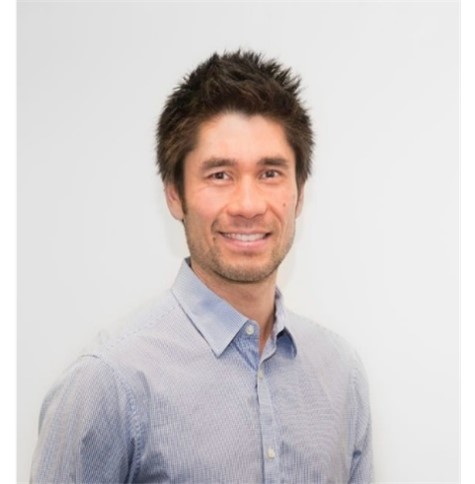
Dr Stanley is a sports physiologist, researcher and coach specialising in performance and recovery optimisation working with current world record holding, Olympic, Paralympic, Commonwealth, and World champion athletes. He is passionate about developing next practice in the daily training and competition environments and influencing transformational change at a system level that will have a lasting performance impact over time. Jamie is in a unique position holding roles with three different organisations. He is currently the Lead Physiologist for the Australian Cycling Team, Training Insight Lead for the Swimming Australia High Performance Unit and Senior Physiologist at the South Australian Sports Institute. Jamie also holds an adjunct research position at the University of South Australia and was the 2020 Exercise and Sport Science Australia Accredited Sport Scientist of the year.
Andrew Govus
Senior Lecturer, Sport and Exercise Science, La Trobe University
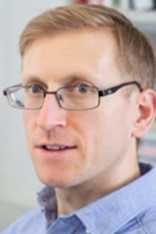
The SPEEDs team consists of Dr Eugene Sachkou, Dr David Carey, Dr Minh Huynh, Dr Haresh Suppiah, Dr Matthew Varley, and Dr Andrew Govus from La Trobe University and is advised by Richard Little from the Victorian Institute of Sport. The team includes experts in sports data analysis (Sachkou, Carey, Huynh, Suppiah, Varley and Little) and sports science practitioners (Suppiah, Varley, Little, and Govus), to ensure that the materials support the “on the ground” data science needs of sport scientists working within high-performance sport.
Blake McLean
Associate Professor, University Technology Sydney and the Director of Performance Research and Development, OKC Thunder
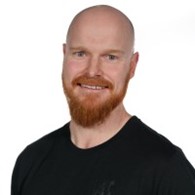
Blake McLean serves as an Associate Professor at UTS and the Director of Performance Research and Development at the OKC Thunder. His dual roles with the Thunder and UTS allow him to collaborate on research and development endeavors across both academia and industry. With a background as an S&C coach and sports scientist with the South Sydney Rabbitohs, the University of Texas, Collingwood FC, and Wests Tigers RL, Blake has accumulated extensive expertise and experience in applying scientific thinking to support decision-making in the heat of week-to-week professional competition. In his current role, Blake leads a range of interdisciplinary research and development initiatives, working with a team of practitioners striving to optimize availability and readiness for the 82-game regular season and playoffs.
Celeste Coltman
Associate Professor in the Discipline of Sport and Exercise Science, University of Canberra
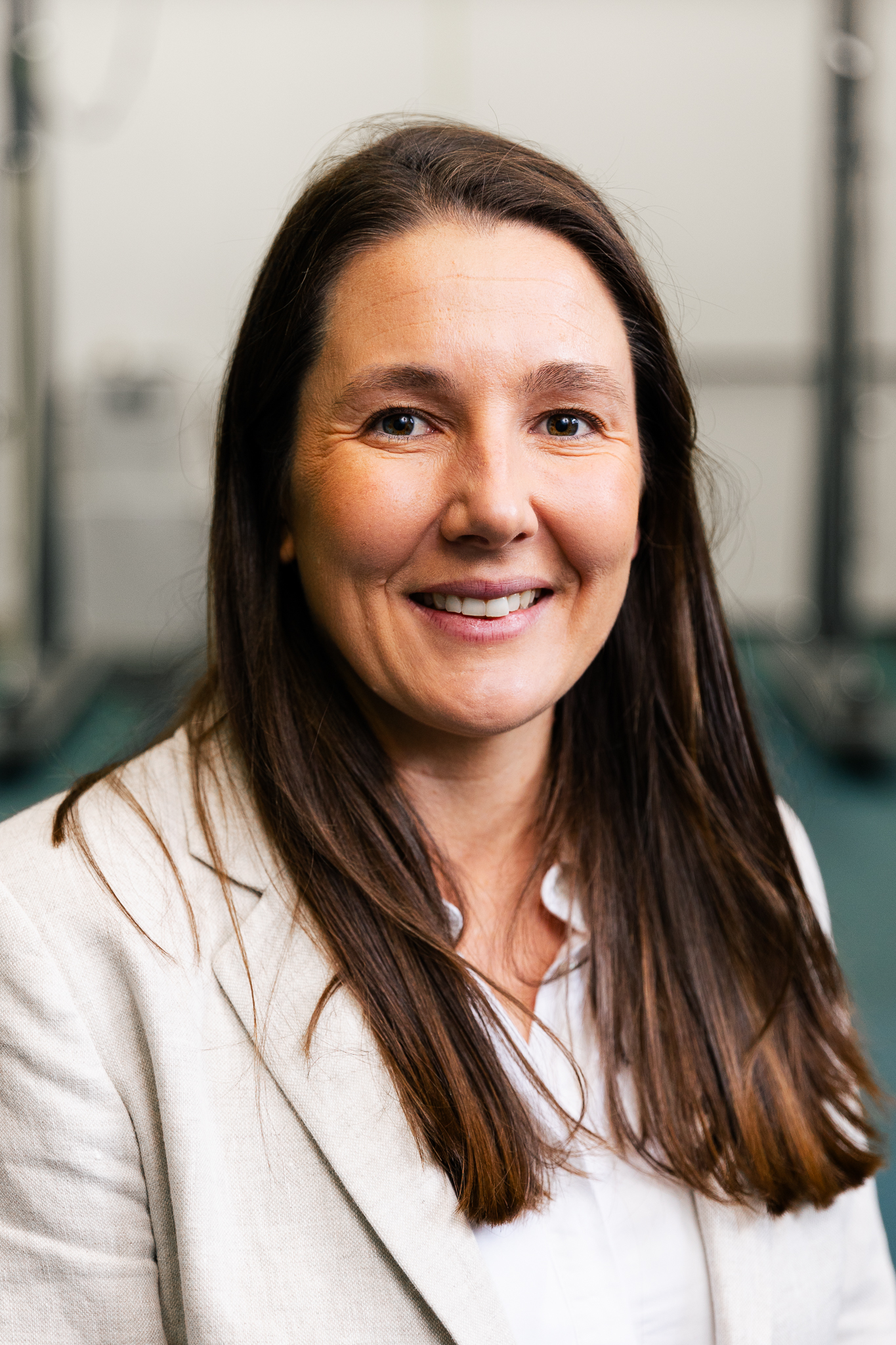
Dr Celeste Coltman is the theme leader of the Applied Biomechanics Research Group within the University of Canberra Research Institute for Sport and Exercise (UCRISE) and an Associate Professor in the Discipline of Sport and Exercise Science at the University of Canberra. Celeste's research program focuses on women’s health biomechanics in both sporting and occupational settings. She draws upon biomechanics, human factors, ergonomics, and design research methodologies in her research practice. Celeste has a particular interest in the development of equipment, products and technologies that improve women's health and performance. Since her PhD conferral (University of Wollongong), she has attracted >AU$2.5 million in external grant funding and published > 35 scientific papers. She has been a Defence Science and Technology Group Research Fellow since 2018 and is the inaugural Early Career Research Representative for the Australian and New Zealand Society of Biomechanics. Celeste manages, supervises, and mentors a research group of research assistants, PhD candidates and Honours students in the fields of biomechanics, human factors, design, and women’s health. She is also the director and co-founder of the Biomechanics Research and Innovation Challenge (BRInC) program, a national biomechanics-based mentoring program for girls and early career women in biomechanics.
John Pitman
Head of Aerodynamics, Australian Centre for Sports Aerodynamics (ACSA) at SASI
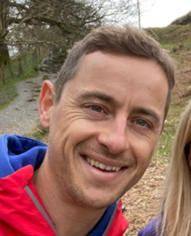
After initially starting out with a career path oriented towards motorsport engineering, John discovered a keen interest in aerodynamics and switched focus. After an MSc in Aerodynamics in 2009-10, he worked at Jaguar Land Rover aero department for 7 years. During this time through Jaguar cars’ sponsorship of Team Sky, John became involved with various cycling projects including helmets for Chris Froome in the Tour de France and Bradley Wiggins Hour Record.
John moved to Australia for an Aerodynamics role with Cycling Australia in 2017, working on all aspects of aerodynamics and associated performance. He was a key driver of the specification and design of the ACSA wind tunnel.
After a period of independent consulting in 2022-23, John joined SASI as Head of Aero in January 2024, overseeing all build and commissioning.
Looking forwards, the role is about continued development of the facility and service delivery to implement real uplifts in performance across a wide range of identified Summer and Winter Olympic / Paralympic sports.
Suzanna Russell
Postdoctoral Researcher, Australian Catholic University
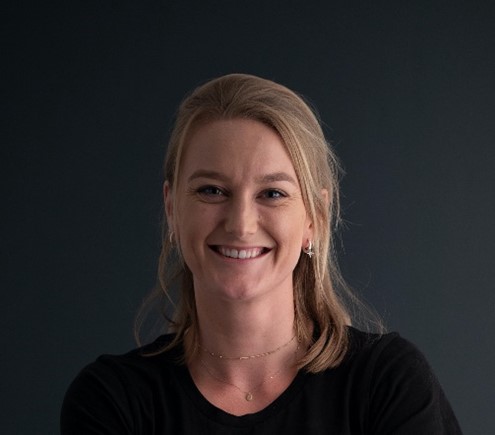
Suzy is an industry based Postdoctoral Researcher at the Sports Performance, Recovery, Injuries, and New Technologies (SPRINT) research centre, at Australian Catholic University. Having held various positions across research, industry, and applied sport, Suzy holds expertise in fatigue, recovery, sleep and supporting the female athlete. Her recent postdoctoral work, in partnership with the Australian Institute of Sport and Queensland Academy of Sport, focused on mental fatigue and mental recovery in athletic populations.
Carissa Gardiner
Postdoctoral Researcher, Australian Catholic University
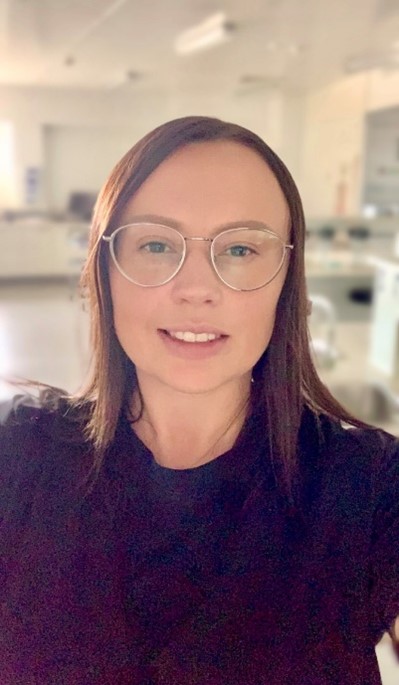
Carissa is a Postdoctoral Researcher at the Australian Catholic University (ACU) within the Sports Performance, Recovery, Injuries, and New Technologies (SPRINT) research centre. Her research is primarily focused on the effects of psychoactive substances on subsequent sleep, with interest in commonly consumed substances including caffeine and alcohol. Additionally, Carissa has expertise around the importance of sleep for athletic populations. Her experiences include supporting national and professional athletes to improve sleep through the provision of sleep education and practical strategies, including managing time-zone adjustments during international travel.
Recordings
For all STARS 2023 recordings visit the Clearinghouse for Sport.
More information
For more information please contact STARS@ausport.gov.au.